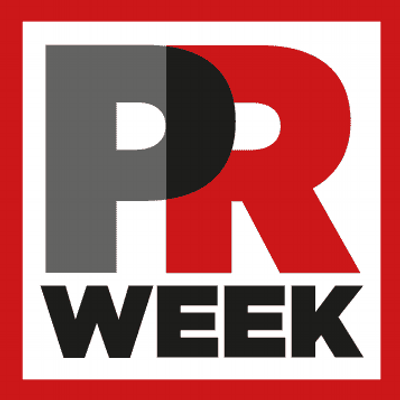

Amanda Fone was featured in PR Week this week discussing how agencies and businesses are holding on to comms staff and honouring many new-starter contracts, although the recruitment market has taken a dramatic dip.
Businesses are trying to hold onto their staff, including those on probation, during the COVID-19 pandemic, despite warnings that the coronavirus-driven economic downturn could be deeper and more painful than the recession that followed the global financial crisis in 2007-2008.
That’s the positive message from recruitment agents who specialise in the communications industry.
Although freelance budgets have been decimated, causing half of freelance comms workers to lose at least 60 per cent of their income in a matter of weeks, businesses in the industry are desperate to hold onto talent, having learned hard lessons from previous downturns.
“We had a lot of starters who were in their probationary period between January and March. None of our clients let go of anyone who are in their three-month probationary period… I wasn’t expecting that,” f1 Recruitment founder and chief executive Amanda Fone said.
“Companies are incredibly mindful of not losing good staff. In every downturn we all know that [they] cut their marketing spend, comms spend and people. I think [they] have learned their lessons from last time and are desperately trying to hold onto people.
“The one thing concerning CEOs the most is keeping their staff motivated, especially people who are not used to working at home.”
Fone said it is younger talent, from recent graduates to associate director level, who tend to struggle most with working from home – and particularly those who work for agencies with office-based cultures.
“A lot of these under-35-year-olds are working in flats in cities, and often [in] their bedrooms,” she said. “I heard one situation where someone was working on their ironing board in a bedroom because they aren’t set up with a desk.”
Employers tell recruitment agents they are concerned how their employees will cope with working from home on an ongoing basis.
Indeed, Fone has been heartened by the duty of care shown by clients: “I think in the past, finance departments got involved and it’s suddenly a hatchet job. CEOs have really been working with their finance team to make sure whoever is furloughed is being looked after.”
The recruitment market for PR and communications roles has taken a massive hit from the economic impact of the pandemic.
Fone’s agency is handling one-fifth the volume of roles it usually has on its books, with clients pursuing only highly specialised roles or ‘investment hires’ for the future.
“If you are a business and furloughing people and making redundancies, you cannot be seen to be hiring unless it’s a very skills-specific role,” she said.
“For PR, marketing and sports marketing, the actual live roles have been cut off at the knees.”
She advises agencies to think about nurturing their employer brand at this time to capitalise on finding good talent when the market eventually picks up.